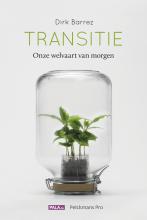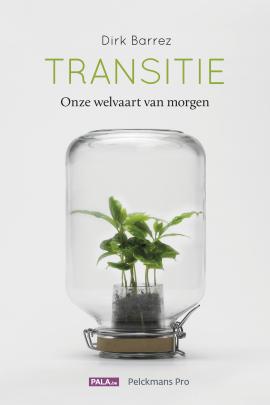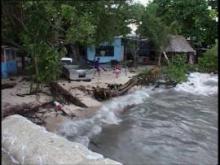Chair’s Summary of this SDG Workshop
organized by the Club of Rome EU-Chapter
and European Public Policy Advisors
Society should overcome ‘silo’ thinking and leave our deeply rooted mental models reflected in policy sectors.
120 million people in the EU (one in four) live in, or are at risk, of poverty or social exclusion. This is unsustainable and people experiencing poverty must be part of the debate. Social assistance schemes can create a danger of locking people in in their condition, if they are not built on the capacities of the people concerned.
A prerequisite for future change in the right direction, is the clear political recognition that sustainability as such is a competitive advantage.
Maintaining the current regime of fossil fuel subsidies is an absolute major obstacle to achieving sustainability.
In any forward-looking view, climate policies need to be seen as economic policies.
War needs to be declared on our resources overuse. The implementation of an effective circular economy is essential for our survival.
Many best practices are around, such as the governance model of the Montreal Protocol on the ozone layer, the programmes Switch Med, Switch Africa and Switch Asia for pursuing sustainable consumption and production in those countries based on EU funding, as well as sustainable reorientations in some of the chemical and mining industries.
Although the media should make public all situations where our sustainability is being undermined, they don’t sufficiently reflect the efforts made by many, both in civil society and in business, to implement sustainable practices.
In a fast-moving world, society cannot continue to develop mainly by slow moving regulations. We need to find new ways defining common goals and collaborative governance.
The models for coordination and coherence being put in place by the EU Commission for the circular economy and for the next EU research framework program of the European Union are steps in the right direction for ‘getting out of the usual silos’.
Some SDG’s can sometimes be in contradiction, hindering us to achieve them jointly. Research and development can help to find solutions for such conflicting relation so that these tradeoffs disappear.
At the highest political level in the European Commission, a Communication truly responding to Agenda 2030, other than highlighting what the EU is indeed already doing, is still missing since 2015.
The division between EU and Member states competences is a governance issue sometimes impeding systemic governance for a sustainable society. Fiscal policies are such an area.
Education is key. Commercialized media do no longer sufficiently fulfil their educative role on sustainable development nor do social media. This danger must be countered.
On behalf of Pala vzw, Dirk Barrez gladly took part in
Thinking beyond our usual silos.
Systemic convergence of technological, social and structural changes needed in the SDG’s
SDG Workshop on Tuesday 4 September 2018
Hôtel Ernest Solvay, Brussels
Organized by the Club of Rome EU-Chapter and European Public Policy Advisors



